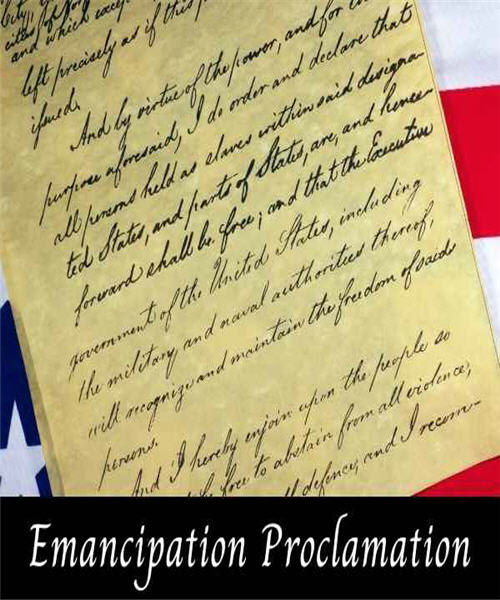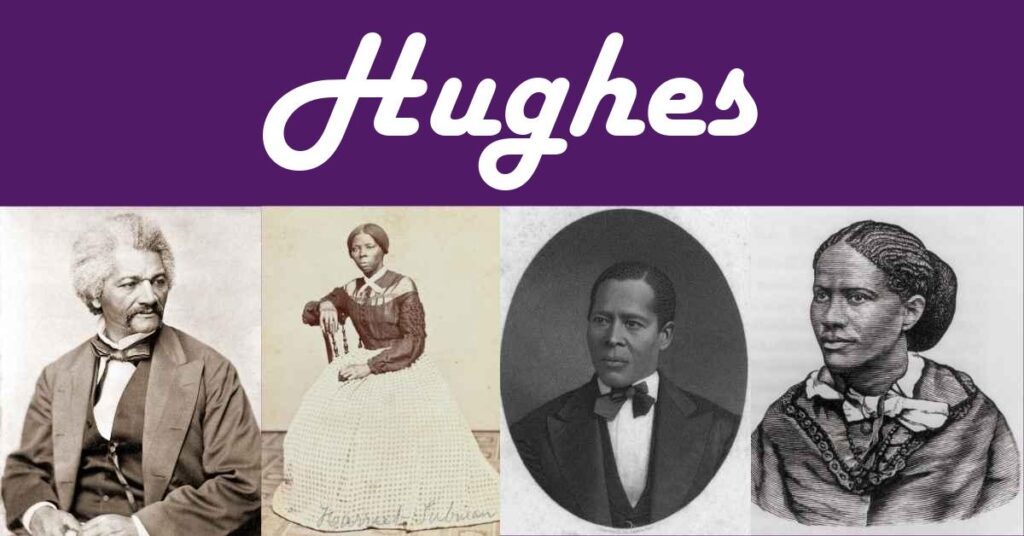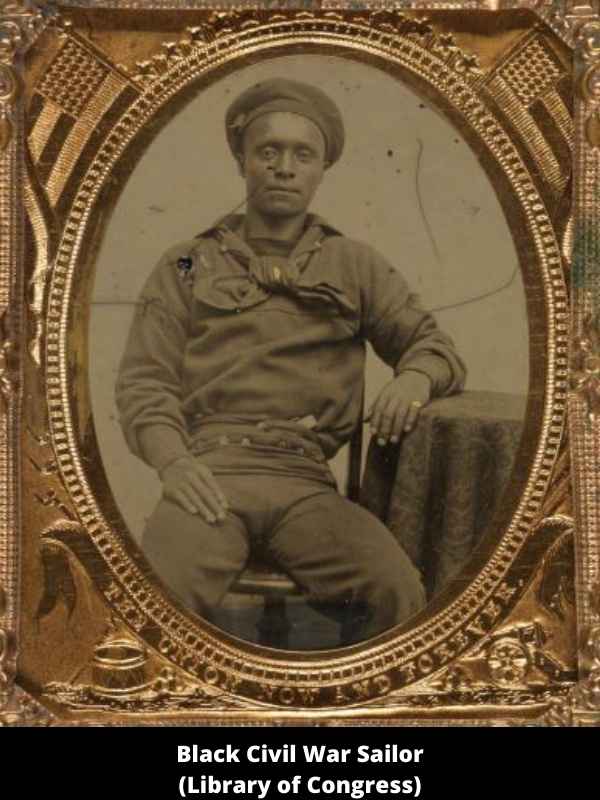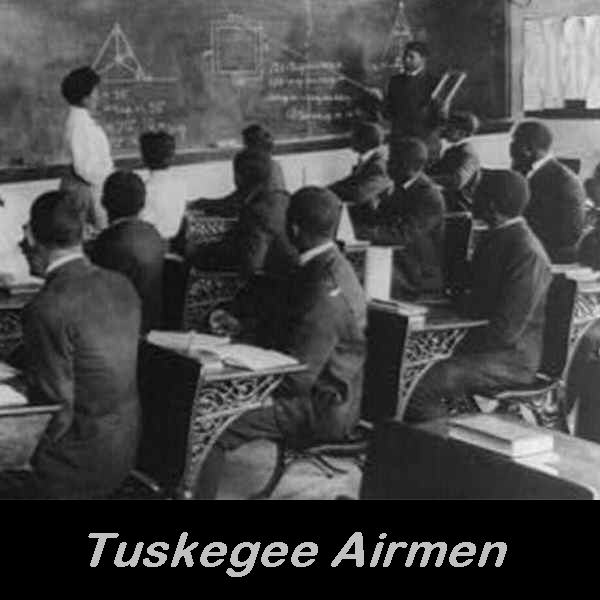The 2010 U.S. Census recorded 38,111 black Americans with Hughes as their last name. That represented 16% of the total of 236,271 entries.
This article compares census numbers before and after the Civil War. We also look at historic African American people named Hughes in the last three centuries.
We end with a review of early records of black military service in the United States.
Hughes Before The Civil War
The 1850 census was the first to record all free members of households together. Before this, people who were not white were not named in the federal census.
In 1850, there was a box to enter color on the census. There were three categories: white, black, and mulatto. The third term is the language of the time, and I will use mixed in this article.
If you are researching your black Hughes ancestors in census archives, be sure to check the two non-white categories. Do not assume that the people recording the information were always correct.
1850 Federal Census
There were 187 people named Hughes who were recorded as black in the 1850 census. 92 were recorded as mixed.
Because they are in the main federal census, we know that they were free citizens.
There was a total of 14,982 free citizens named Hughes that year. There would be one more census in 1860 before the Civil War.
After The Civil War

The 1870 census was the first survey after the Civil War and the Emancipation Proclamation. All African Americans were included.
Those who were omitted in 1850 and 1860 because they were enslaved were now recorded.
4,008 people named Hughes were recorded in the 1870 census as black and 737 as mixed.
There was a total of 34,675 people with the name.
Hughes In The 1900 And 1940 Census
The mixed category was dropped in 1900, so we just need to look at the black numbers this time.
The 1900 census recorded 9,135 people with the last name Hughes as black within a total of 72,960 that year.
By the way, the mixed category returned in the 1910 and 1920 censuses. It was dropped again in 1930, but replaced with extra categories for colored and non-white in a way that seems confusing now.
This changed again in 1940 and we can simply focus on one black category.
The 1940 census recorded 15,093 people named Hughes as black within a total of 134,236.
Historic Black Figures With The Hughes Surname

Here are some notable African Americans in history with Hughes as their last name.
Daniel Hughes
- Born: First half of 19th Century
- From: Dorchester County, Maryland
The Underground Railroad was a network of safe houses and travel routes organized by many church and community leaders, civil rights activists, and abolitionists. Thousands of enslaved people were helped to escape from the South.
William Still kept substantial notes on fugitives who were helped on their way through Philadelphia. He published the notes in a book in 1872.
Daniel Hughes appears in the book as one of a party of eight fugitives who were captured before making a daring jailbreak for freedom.
Hughes was from Bucktown in Dorchester County, Maryland. When he first escaped with seven others, a reward of $3,000 was advertised for their arrest. They were betrayed and taken to Dover jail in Delaware.
Daniel and his group fought their way out of jail in a dramatic fashion. You can read the full account in our excerpt on Daniel Hughes and The Underground Railroad.
Julia Pearl Hughes
- Born: 1873
- From: Alamance County, North Carolina
- 1950
Julia Hughes graduated in 1893 from what is now Barber-Scotia College. She went on to study pharmacology at Howard University where she graduated in 1897 with a doctorate.
Julia managed the pharmacy at the Mercy-Douglass Hospital in Philadelphia for several years before opening her own drug store in 1899. She was the first black woman in the country to own a drug store.
She later moved to Virginia with her husband, James Coleman, and opened a pharmacy there. After divorcing, she founded the Washington Sun newspaper with T. Thomas Fortune.
In later years, Hughes set up a highly successful company making hair lotions and creams. She wasn’t quite on a par with millionaire Madame Walker, but Hughes did very well in business.
Other black pioneers in pharmacy include:
Langston Hughes
- Born: 1902
- From: Joplin, Missouri
- Died: 1967
The Harlem Renaissance after the First World War was a period when African American art, literature, and music flourished around Harlem.
Painters, poets, writers, and musicians established a creative hub of black culture in the United States. The movement was hugely influential on the development of black literature and art through the twentieth century and today.
Langston Hughes was born in Missouri but went to high school in Cleveland where he wrote short stories and poems for the school journal.
Early influences
Langston was largely raised by his maternal grandmother, Mary Langston. Her first husband was Lewis Sheridan Leary, who was killed fighting for the abolitionist John Brown in the raid on Harpers Ferry.
Her second husband, Charles H. Langston, had been convicted for his part in the Oberlin-Wellington Rescue of the fugitive slave John Price in 1858.
Mary Langston gave her grandson a strong sense of pride in his identity as an African American.
Becoming a writer
He worked on a ship in his early twenties and traveled to West Africa, Paris, and London.
He returned to the United States to study and write. His early poetry was published in literary magazines, and his first collection was published in 1926.
Langston embraced the vibrant culture of Harlem, and his poems were infused with jazz and blues.
He was a driving force in the Harlem Renaissance. He encouraged many others, like the young short story writer Dorothy West.
While critically acclaimed, there were some black critics who weren’t pleased with his focus on struggle and poverty. Others disapproved of his political beliefs.
Regardless, he is undoubtedly one of the great American writers of the twentieth century.
Other artists of the Harlem Renaissance
Here are some other authors and artists that formed the Harlem Renaissance:
Hughes In Black Military Records
Military records are a rich resource of for family history research. Here are examples of the Hughes surname from three different military services:
- Black civil war sailors
- Buffalo soldiers
- Tuskegee airmen
Black Civil War Sailors

The National Parks Service has a free archive of African American sailors during the Civil War.
The information includes their age, height, rank, occupation, and where and when they enlisted. It also includes every ship that they served on.
You can search the database on the National Parks website.
Benjamin Hughes
One of the earliest entries for Hughes was for Benjamin Hughes from Philadelphia, Pennsylvania. He enlisted in January 1862 at Philadelphia when he was aged 19.
The record shows that Benjamin was assigned on June 1863 to the ship Hartford.
His occupation before enlisting was as a Waiter. His naval rank was Landsman.
“Landsman” was the lowest rank at the time and was given to recruits with little sea experience.
Charles Hughes
One of the later entries was for a sailor who enlisted at Gaines Landing in December 1863. Charles was aged 38 and was from Orange County, Virginia.
He was assigned to the ship Prairie Bird on March 1865.
His occupation before enlisting was as an Engineer. His naval rank was 1st Class Boy.
“1st Class Boy” was the rank given to young men who enlisted when they were under eighteen.
Buffalo Soldiers
Five regiments for black soldiers were formed during the Civil War. They were known as the Buffalo Soldiers.
Their records are part of the national archive of military monthly returns. The information includes the year and place of birth, where they enlisted, their occupation, and their height.
One of the earliest military entries for Hughes was in September 1867. Nathan Hughes was a Recruit in the Tenth Cavalry. He was stationed in September 1867 at Fort Smith, Arkansas.
One of the later entries was in June 1915. Hart Hughes was a Private in the Tenth Cavalry.
If you are researching military ancestors, there is a free index of these records on Ancestry.com and FamilySearch.org. You have to create an account on either website, but you do not need to pay for the Buffalo Soldiers archive.
Tuskegee Airmen

The Tuskegee Airmen were military personnel who served at the Tuskegee Army Airfield or related programs.
Nearly one thousand black pilots graduated from the Tuskegee Institute. The photograph above (from the Library of Congress) shows a class in session.
They flew single-engine fighter planes or twin-engine bombers. 352 fought in combat.
Samuel Hughes graduated from the Tuskegee Institute in April 1945. He qualified as a fighter pilot. Samuel was from Los Angeles, California.
Andrew Hughes graduated in January 1900 as a bomber pilot.
You can find a full list of graduate pilots in our list of Tuskegee Airmen.